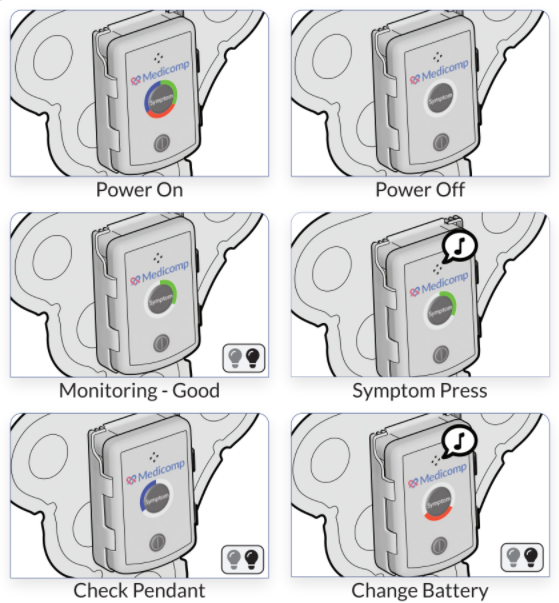It may be advantageous to transfer recent-onset atrial fibrillation patients from their regimen of Ibutilide (Corvert) to Vernakalant (Brinavess), a drug quickly earning the respect of physicians because of its ability to rapidly control heart rate. A study conducted by the Medical University of Vienna/General Hospital revealed Vernakalant quickly regulated heart rhythm with fewer side effects than Ibutilie. Because atrial fibrillation is the most common type of cardiac arrhythmia, the medical connotations of this treatment could be far reaching, especially considering its effects: two percent of the population has been diagnosed with atrial fibrillation, and the percentage climbs when factoring in age.
Being able to treat this arrhythmia before it causes a serious financial strain can save patients and healthcare millions of dollars annually. For patients who may be suffering from atrial fibrillation, a remote cardiac monitor from ReactDx could determine an inconsistent rhythm, and if the arrhythmia is detected, Vernakalant may be the next step.
The randomized trial showed several significant advantages, including these highlighted below.
- A normal sinus rhythm was achieved within approximately ten minutes with Vernakalant; those patients were given Ibutilide averaged 26 minutes before normal sinus rhythm returned.
- After 90 minutes of treatment, almost 70% of Vernakalant-treated patients experienced sinus rhythm compared to only 43% of Ibutilide-treated patients.
- Decreased time between treatment and a return to normal sinus rhythm equated to fewer instances of electrical cardioversion under anesthesia to stimulate the heart.
- Patients who needed electrical cardioversion while taking Vernakalant required fewer shocks for restoration of sinus rhythm.
While Vernakalant was the drug of choice for patients with zero to moderate structural heart disease and who had suffered from recent-onset atrial fibrillation, Ibutilide was still preferred for those experiencing atrial flutter. Keep apprised of the latest in cardiovascular information by reading our blogs, and contact ReactDx at (800) 23-HEART (234-3278) to speak with one of our representatives concerning the most technologically advanced remote cardiac monitors on the market.



